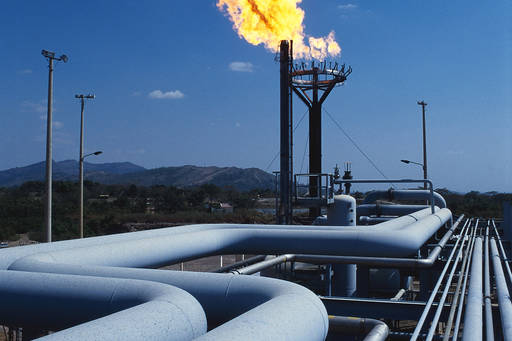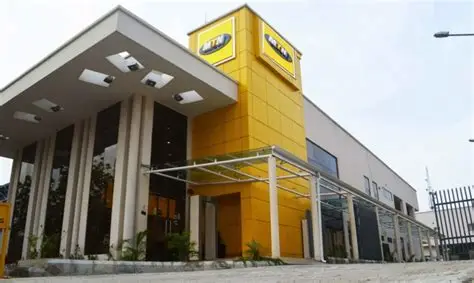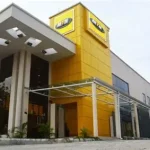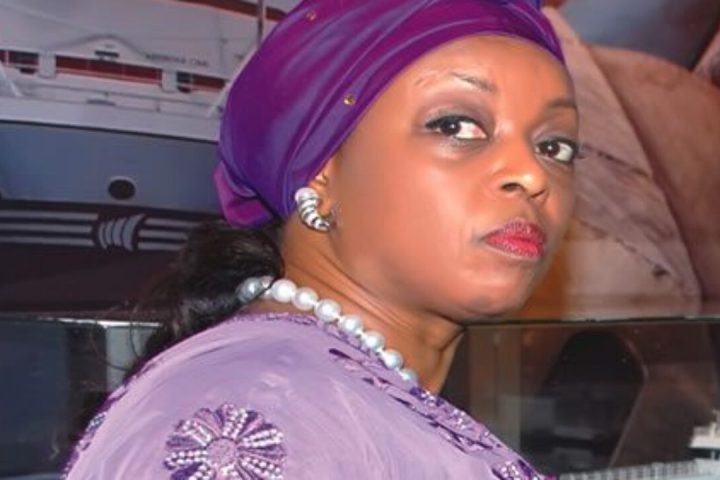Industry Experts Call For Investment In Value Chain
Join our WhatsApp Channel
Top energy industry experts have said Nigeria currently has a huge deposit of gas worth over 200 Trillion Cubic Feet (TCF) unutilized and therefore raised concern on the need to invest in development of the gas value chain in Nigeria, which offers a cleaner form of energy to meet the country’s energy independence target and also drive economic opportunities for both the government and the citizens.
This formed a major part of the discussions during the 25th episode of the Nigerian History Series (NHS) organized by the Centre for Values in Leadership (CVL) on Sunday 18th July 2021, with the theme: “Indigenous Participation in the Oil and Gas Sector Part 2.”
As the global community consistently talks about transition to the use of a more environmentally sustainable source of energy due to constant threat of global warming and climate change the world over, partly occasioned by use of fossil fuels, oil sector is threatened. This has implications for countries whose economies heavily depend on oil revenue. With Nigeria being one of such countries dependent on oil as the mainstay of its economy, it has become very imperative to invest in building infrastructure for utilization of gas resources.
The biweekly series moderated by the founder of CVL, Prof. Pat Utomi, had the following as speakers: Mr. Kola Karim, Chief Mike Olorunfemi and Mr Casimir Maduafokwa.
While commenting on the question by Prof. Utomi on how indigenous aspiring entrepreneurs can explore opportunities in the oil and gas value chain in Nigeria, the Chief Executive Officer, Shoreline Energy Group, Mr. Kola Karim, said Nigeria has huge potentials around gas reserves which is heavily underutilized.
Karim observed that given the gradual shift from the use of hydrocarbons globally, investing in the natural gas value chain will be a fruitful venture.
“One thing is radically happening in the world, de-carbonization is a given, but Nigeria’s potentials is also huge around this gas reserves, more so if the oil consumption of the world is being shifted because of de-carbonization. Why I’m saying this is that we need to start looking at the next wave of entrepreneurs in Nigeria radically not only sitting around oil but also looking at gas and what the gas value chain has to add to the development of this country and also this continent,” Karim said.
He noted that it shows Nigeria has more gas deposits than even oil which it has been exploring and producing for over 60 years.
“So what that tells me is that opportunities in the gas value chain could be Infinitum, not just only looking at NLNG, LPG, looking at all in the entire gas value chain will be a massive game-changer for Nigeria,” he stated.
On his part, while contributing to the discussion about gas value chain, the former Group Deputy Managing Director, Corporate Services, Nigerian National Petroleum Corporation (NNPC), Chief Mike Olorunfemi, stated that Nigeria had more deposits of gas than many countries in the world currently producing gas. He reflected on how he spearheaded the making of policy at NNPC to prevent gas flaring by upstream operators, as a way of ensuring optimum utilization of gas to have more value of it in the country.
Chief Olorunfemi also urged entrepreneurs to realize the need to invest in gas production as the world was currently talking about cleaner form of energy which gas offers.
Another discussant, the CEO of Telcon Oil-Niger Blossom Drilling Group, Mr. Casmir Maduafokwa, talked about the aspect of financing of oil and gas infrastructure, noting the critical role it plays in helping entrepreneurs actualize their aim.
The discussion touched on other areas like: unlocking value chains in supply services in the oil and gas sector and capacity building for budding entrepreneurs in not just the oil and gas sector, but also in other sectors of the economy.
Victor Ezeja is a passionate journalist with seven years of experience writing on economy, politics and energy. He holds a Master's degree in Mass Communication.

















Follow Us